Women who read are dangerous
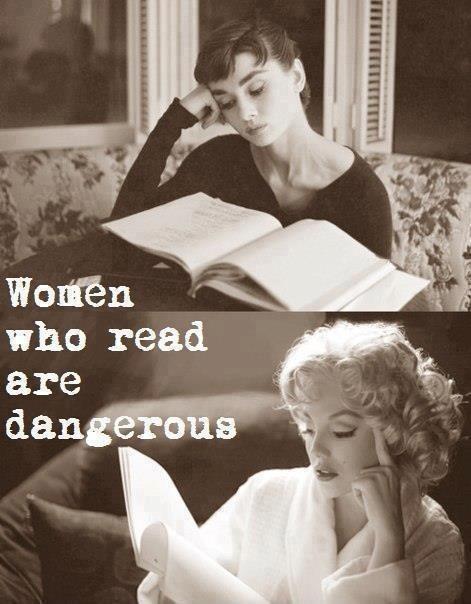
Women who read are dangerous
The phrase "women who read are dangerous" has been attributed to various sources throughout history, but its meaning remains consistent: women who are well-read and educated pose a threat to the status quo. This idea stems from the belief that knowledge is power, and women who possess knowledge are more likely to challenge societal norms and expectations.In many cultures and time periods, women have been discouraged from reading and pursuing education. This is because reading opens up new worlds and ideas, allowing women to question the limitations placed upon them by society. By reading, women gain access to information and perspectives that may challenge the patriarchal structures that seek to control and oppress them.
Historically, women who read were seen as a threat to the established order. In the Middle Ages, for example, women who were literate were often accused of witchcraft or heresy. Reading was considered a dangerous activity for women because it gave them the ability to think critically and independently, which was seen as a threat to the male-dominated power structures of the time.
Even today, the idea that women who read are dangerous persists. In some parts of the world, women are still denied access to education and literacy as a means of controlling and subjugating them. This is because those in power understand that educated women are more likely to challenge the status quo and demand equality and justice.
However, the idea that women who read are dangerous is not a negative one. In fact, it is a powerful affirmation of the importance of education and knowledge for women. Reading allows women to expand their minds, challenge their beliefs, and advocate for change. Women who read are not dangerous in a threatening sense, but in a transformative one. They have the power to change the world for the better by challenging injustice and inequality.

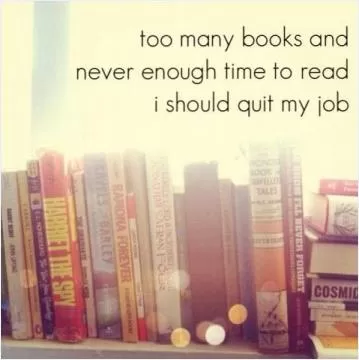
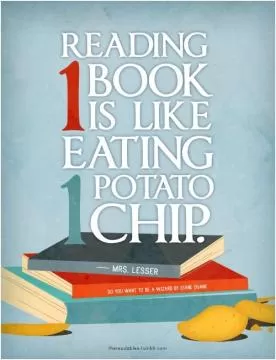
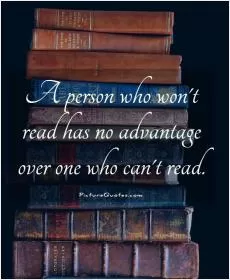
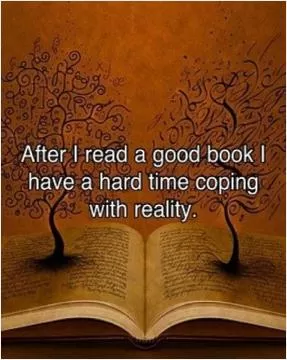

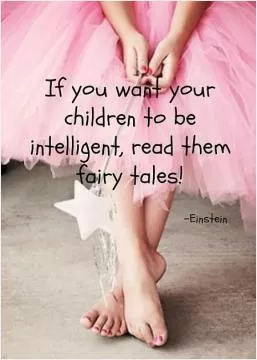



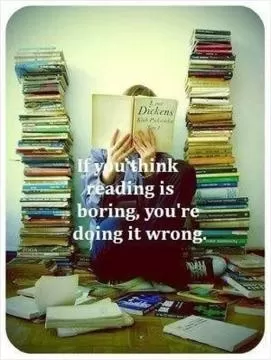
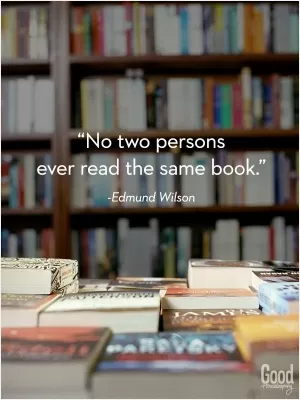
 Friendship Quotes
Friendship Quotes Love Quotes
Love Quotes Life Quotes
Life Quotes Funny Quotes
Funny Quotes Motivational Quotes
Motivational Quotes Inspirational Quotes
Inspirational Quotes